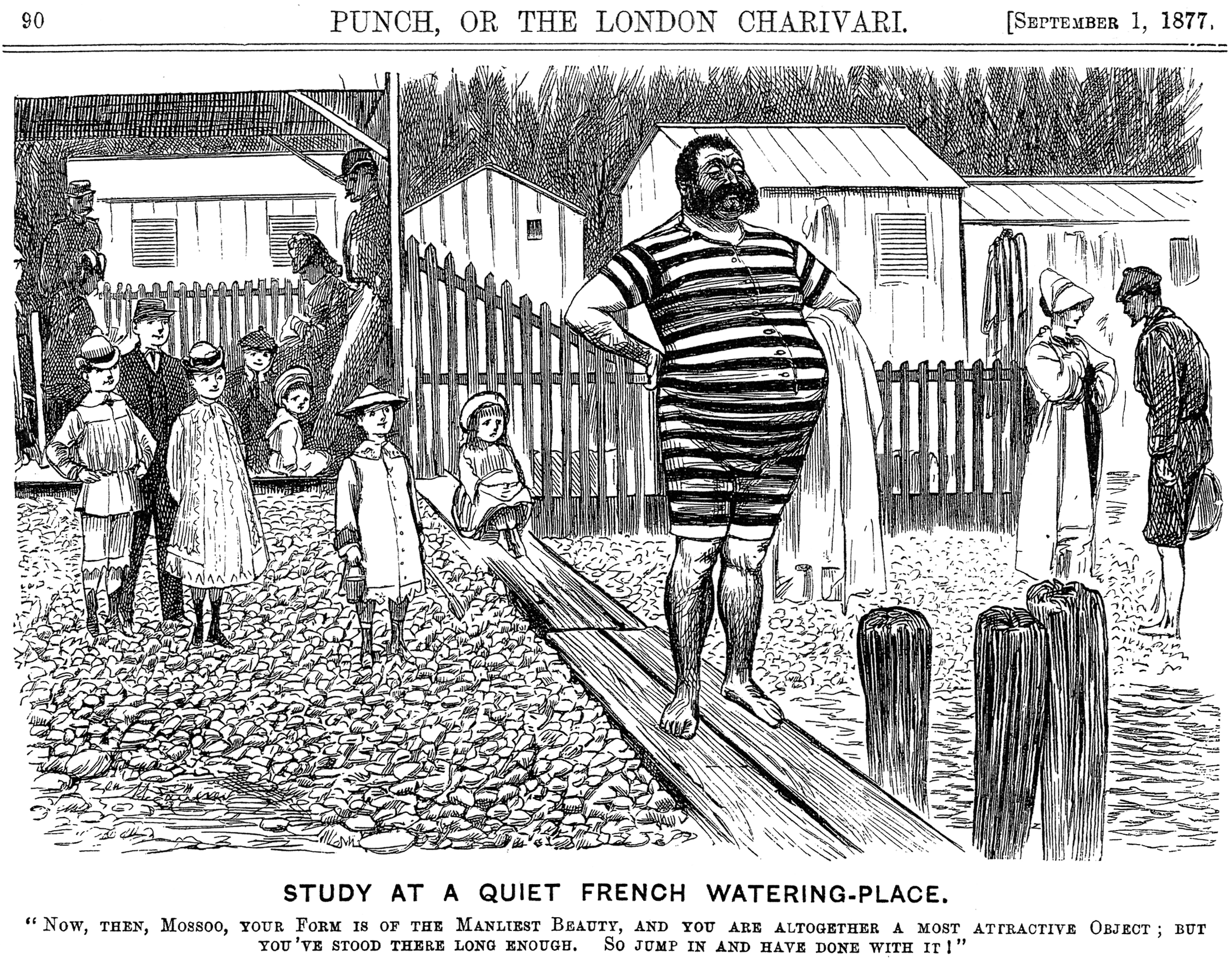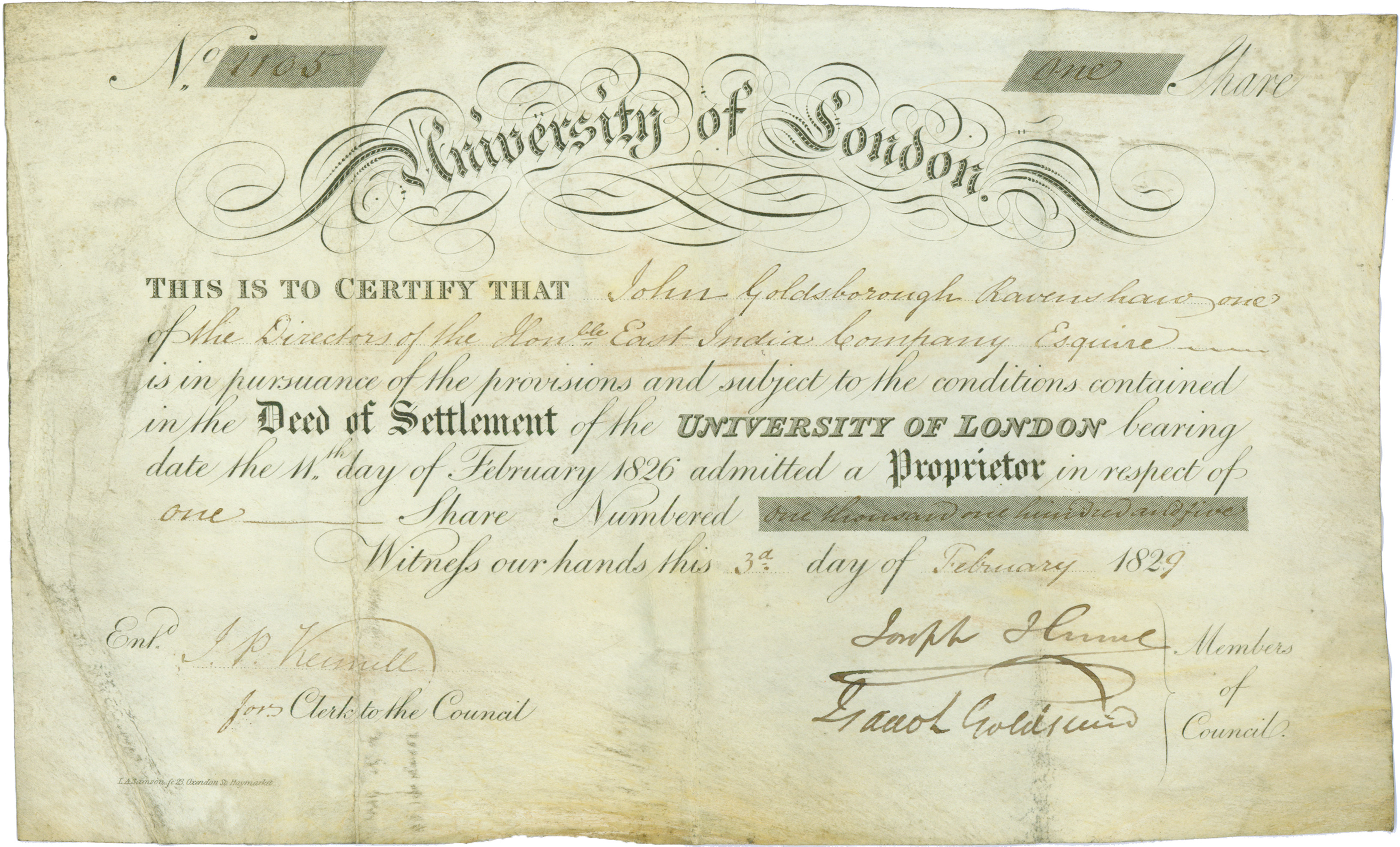|
George Du Maurier
George Louis Palmella Busson du Maurier (6 March 1834 – 8 October 1896) was a Franco-British cartoonist and writer known for work in ''Punch (magazine), Punch'' and a Gothic fiction, Gothic novel ''Trilby (novel), Trilby'', featuring the character Svengali. His son was the actor Sir Gerald du Maurier. The writers Angela du Maurier and Daphne du Maurier and the artist Jeanne du Maurier were all granddaughters of George. He was also father of Sylvia Llewelyn Davies and grandfather of the Llewelyn Davies boys, five boys who inspired J. M. Barrie's ''Peter Pan''. Early life George du Maurier was born in Paris, July Monarchy, France, son of Louis-Mathurin Busson du Maurier and wife Ellen Clarke, daughter of the Courtesan, Regency courtesan Mary Anne Clarke. He was brought up to believe his Aristocracy, aristocratic grandparents had fled from Kingdom of France, France during the French Revolution, Revolution, leaving vast estates behind, to live in England as émigrés. In fact, du ... [...More Info...] [...Related Items...] OR: [Wikipedia] [Google] [Baidu] |
Paris, France
Paris () is the Capital city, capital and List of communes in France with over 20,000 inhabitants, largest city of France. With an estimated population of 2,048,472 residents in January 2025 in an area of more than , Paris is the List of cities in the European Union by population within city limits, fourth-most populous city in the European Union and the List of cities proper by population density, 30th most densely populated city in the world in 2022. Since the 17th century, Paris has been one of the world's major centres of finance, diplomacy, commerce, culture, Fashion capital, fashion, and gastronomy. Because of its leading role in the French art, arts and Science and technology in France, sciences and its early adoption of extensive street lighting, Paris became known as the City of Light in the 19th century. The City of Paris is the centre of the Île-de-France region, or Paris Region, with an official estimated population of 12,271,794 inhabitants in January 2023, or ... [...More Info...] [...Related Items...] OR: [Wikipedia] [Google] [Baidu] |
University College London
University College London (Trade name, branded as UCL) is a Public university, public research university in London, England. It is a Member institutions of the University of London, member institution of the Federal university, federal University of London, and is the second-largest list of universities in the United Kingdom by enrolment, university in the United Kingdom by total enrolment and the largest by postgraduate enrolment. Established in 1826 as London University (though without university degree-awarding powers) by founders who were inspired by the radical ideas of Jeremy Bentham, UCL was the first university institution to be established in London, and the first in England to be entirely secular and to admit students regardless of their religion. It was also, in 1878, among the first university colleges to admit women alongside men, two years after University College, Bristol, had done so. Intended by its founders to be Third-oldest university in England debate ... [...More Info...] [...Related Items...] OR: [Wikipedia] [Google] [Baidu] |
Chemistry
Chemistry is the scientific study of the properties and behavior of matter. It is a physical science within the natural sciences that studies the chemical elements that make up matter and chemical compound, compounds made of atoms, molecules and ions: their composition, structure, properties, behavior and the changes they undergo during chemical reaction, reactions with other chemical substance, substances. Chemistry also addresses the nature of chemical bonds in chemical compounds. In the scope of its subject, chemistry occupies an intermediate position between physics and biology. It is sometimes called the central science because it provides a foundation for understanding both Basic research, basic and Applied science, applied scientific disciplines at a fundamental level. For example, chemistry explains aspects of plant growth (botany), the formation of igneous rocks (geology), how atmospheric ozone is formed and how environmental pollutants are degraded (ecology), the prop ... [...More Info...] [...Related Items...] OR: [Wikipedia] [Google] [Baidu] |
Antwerp
Antwerp (; ; ) is a City status in Belgium, city and a Municipalities of Belgium, municipality in the Flemish Region of Belgium. It is the capital and largest city of Antwerp Province, and the third-largest city in Belgium by area at , after Tournai and Couvin. With a population of 565,039, it is the List of most populous municipalities in Belgium, most populous municipality in Belgium, and with a metropolitan population of over 1.2 million people, the country's Metropolitan areas in Belgium, second-largest metropolitan area after Brussels. Definitions of metropolitan areas in Belgium. Flowing through Antwerp is the river Scheldt. Antwerp is linked to the North Sea by the river's Western Scheldt, Westerschelde estuary. It is about north of Brussels, and about south of the Netherlands, Dutch border. The Port of Antwerp is one of the biggest in the world, ranking second in Europe after Rotterdam and List of world's busiest container ports, within the top 20 globally. The city ... [...More Info...] [...Related Items...] OR: [Wikipedia] [Google] [Baidu] |
Charles Gleyre
Marc Gabriel Charles Gleyre (2 May 1806 – 5 May 1874), was a Swiss artist who was a resident in France from an early age. He took over the studio of Paul Delaroche in 1843 and taught a number of younger artists who became prominent, including Henry-Lionel Brioux, Jean-Léon Gérôme, George du Maurier, Claude Monet, Pierre-Auguste Renoir, Louis-Frédéric Schützenberger, Alfred Sisley, Auguste Toulmouche, and James McNeill Whistler. Life Gleyre was born in Chevilly, near Lausanne. His parents died when he was eight or nine years old, and he was brought up by an uncle in Lyon, France, who sent him to the city's industrial school. He began his formal artistic education in Lyon under Bonnefond, before moving to Paris, where he enrolled at the École des Beaux-Arts under Hersent. He also attended the Académie Suisse and studied watercolour technique in the studio of Richard Parkes Bonington. He then went to Italy, where he became acquainted with Horace Vernet and Louis Léopo ... [...More Info...] [...Related Items...] OR: [Wikipedia] [Google] [Baidu] |
French Second Republic
The French Second Republic ( or ), officially the French Republic (), was the second republican government of France. It existed from 1848 until its dissolution in 1852. Following the final defeat of Napoleon, Napoleon Bonaparte at the Battle of Waterloo, in June 1815, France had been reconstituted into a monarchy known as the Bourbon Restoration in France, Bourbon Restoration. After a brief period of July Revolution, revolutionary turmoil in 1830, royal power was again secured in the "July Monarchy", governed under principles of moderate conservatism and improved relations with the United Kingdom of Great Britain and Ireland, United Kingdom. In 1848, Europe erupted into a Revolutions of 1848, mass revolutionary wave in which many citizens challenged their royal leaders. Much of it was led by France in the French Revolution of 1848, February Revolution, overthrowing Louis Philippe I, King Louis-Philippe. Radical and liberal factions of the population convened the French Second ... [...More Info...] [...Related Items...] OR: [Wikipedia] [Google] [Baidu] |
Tradesman
A tradesperson or tradesman/tradeswoman is a skilled worker that specialises in a particular trade. Tradespeople (tradesmen/women) usually gain their skills through work experience, on-the-job training, an apprenticeship program or formal education. As opposed to a master craftsman or an artisan, a tradesperson (tradesman/tradeswoman) is not necessarily restricted to manual work. History In Victorian England, The terms "skilled worker," "craftsman," "artisan," and "tradesman" were used in senses that overlap. All describe people with specialized training in the skills needed for a particular kind of work. Some of them produced goods that they sold from their own premises (e.g. bootmakers, saddlers, hatmakers, jewelers, glassblowers); others (e.g. typesetters, bookbinders, wheelwrights) were employed to do one part of the production in a business that required a variety of skilled workers. Still others were factory hands who had become experts in some complex part of th ... [...More Info...] [...Related Items...] OR: [Wikipedia] [Google] [Baidu] |
émigré
An ''émigré'' () is a person who has emigrated, often with a connotation of political or social exile or self-exile. The word is the past participle of the French verb ''émigrer'' meaning "to emigrate". French Huguenots Many French Huguenots fled France following the Revocation of the Edict of Nantes in 1685. The American Revolution Many Loyalists, who made up large portions of colonial United States particularly in the South, emigrated by choice or were forced to leave the United States during and after the American Revolution. Common destinations were other parts of the British Empire, such as Upper Canada, Nova Scotia, Great Britain, Jamaica, and the British West Indies. The new government often awarded the lands of fleeing Loyalists to Patriot soldiers by way of land grants. The French Revolution Although the French Revolution began in 1789 as a bourgeois-led drive for increased political equality for the Third Estate, it soon turned into a violent popular rebell ... [...More Info...] [...Related Items...] OR: [Wikipedia] [Google] [Baidu] |
Kingdom Of France
The Kingdom of France is the historiographical name or umbrella term given to various political entities of France in the Middle Ages, medieval and Early modern France, early modern period. It was one of the most powerful states in Europe from the High Middle Ages to 1848 during its dissolution. It was also an early French colonial empire, colonial power, with colonies in Asia and Africa, and the largest being New France in North America geographically centred around the Great Lakes. The Kingdom of France was descended directly from the West Francia, western Frankish realm of the Carolingian Empire, which was ceded to Charles the Bald with the Treaty of Verdun (843). A branch of the Carolingian dynasty continued to rule until 987, when Hugh Capet was elected king and founded the Capetian dynasty. The territory remained known as ''Francia'' and its ruler as ('king of the Franks') well into the High Middle Ages. The first king calling himself ('King of France') was Philip II of Fr ... [...More Info...] [...Related Items...] OR: [Wikipedia] [Google] [Baidu] |
Aristocracy
Aristocracy (; ) is a form of government that places power in the hands of a small, privileged ruling class, the aristocracy (class), aristocrats. Across Europe, the aristocracy exercised immense Economy, economic, Politics, political, and social influence. In Western Christian countries, the aristocracy was mostly equal with magnates, also known as the titled or higher nobility, however the members of the more numerous social class, the untitled lower nobility (petty nobility or gentry) were not part of the aristocracy. Classical aristocracy In ancient Greece, the Greeks conceived aristocracy as rule by the best-qualified citizens—and often contrasted it favorably with monarchy, rule by an individual. The term was first used by such ancient Greeks as Aristotle and Plato, who used it to describe a system where only the best of the citizens, chosen through a careful process of selection, would become rulers, and hereditary monarchy, hereditary rule would actually have been f ... [...More Info...] [...Related Items...] OR: [Wikipedia] [Google] [Baidu] |





